High-speed internet and remote work are intrinsically linked. Since COVID, more offices have transitioned to work-from-home or hybrid schedules, often giving workers significant leeway and flexibility. As more businesses incorporate remote employment, it’s more imperative than ever for homes to have quality infrastructure to support consistent WiFi usage.
As at-home working becomes increasingly prevalent, the need for reliable, high-speed internet in metropolitan areas is undeniably crucial. Detroit, a city with a rich industrial history, is now making strides to ensure its residents are equipped for the modern age. High-speed internet in Detroit is developing initiatives to support remote work and online learning, close the digital gap for low-income folks, and champion accessibility for all residents.
The Importance of High-Speed Internet
Accessible internet is essential for enabling remote work and online learning. But high-speed WiFi is the apex technology needed to establish quality work-from-home setups. Utilizing high-speed internet helps facilitate smooth video conferencing, quick data transfers, and seamless access to cloud-based applications.
For remote workers and online students, a fast and stable internet connection is crucial to maintaining productivity, communicating effectively with colleagues, and accessing necessary resources. Similarly, students relying on education via Zoom and submitting assignments virtually need reliable internet to participate in video classrooms and collaborate on projects efficiently.
For a city like Detroit working to revitalize its infrastructure, transiting towards ubiquitous, reliable internet is a surefire way to create educational and occupational opportunities.
Productivity for Remote Workers
A stable internet connection is the backbone of remote work. Nobody wants to be in the middle of an important call and have feedback issues or the call randomly drop. Virtual meetings via Zoom, Microsoft Teams, or Google Meet require high-speed internet to ensure clear audio, crisp video, and steady interactions.
In Detroit, service providers are expanding their high-speed internet offerings, ensuring remote workers can participate in meetings without disruptions. The city’s Emergency Broadband Benefit (EBB) program has connected over 45,000 families to high-speed internet, offering $50 monthly stipends to help pay for internet services. This initiative allows residents, especially those affected by the COVID-19 pandemic, to stay connected for educational and work-related purposes.
The Department of Information and Technology also provides internet access for residents across the city. The group recently posted an online map showing where locals can access free WiFi via tech hubs. These tech hubs will help bridge the digital divide for impoverished folks, ensuring that all residents have accessible high-speed internet to gain occupational opportunities.
Detroit has made strides in public-private partnership dynamics, aiming to expand broadband infrastructure and increase internet speeds. These collaborations involve the city working with private internet service providers to upgrade existing networks and deploy new technologies publically, ensuring residents can access fast and reliable internet throughout the city.
Detroit has also seen a rise in co-working spaces equipped with fast internet to facilitate better working environments. These spaces offer remote workers a professional environment with reliable internet connectivity, fostering productivity and networking opportunities. Co-working spaces are particularly beneficial for those who may not have an ideal work-from-home setup or need a change of scenery for consistent productivity.
Supporting Online Learning
Detroit’s digital infrastructure significantly aids those accessing classes and education virtually. High-speed internet unequivocally provides students access to a wealth of online educational resources and libraries. In Detroit, initiatives through the Digital Equity & Inclusion office offer affordable high-speed internet to students, ensuring that they can benefit from these resources and enhance their learning experience.
AT&T has established Connected Learning Centers within local nonprofits across Detroit, providing students and families with free resources like internet access, computers, tutoring, and mentoring. These centers aim to bridge the gap between those who can and cannot afford upgraded internet packages. AT&T also collaborates with nonprofits to distribute free computers and digital resources to low-income families, ensuring they have the necessary tools to participate in online learning effectively.
Tips for Students to Maximize Learning
Now that Michigan residents have improved access to high-speed internet, how can you use it for advantageous, thorough learning?
A critical element of remote learning is having a dedicated study space. Creating a space just for classwork can help students stay focused and organized. This area should be free from distractions and equipped with all necessary materials, including a computer and unobstructed access to your high-speed internet router. A well-organized study space can enhance productivity and create a conducive environment for learning.
Consistency is critical to successful online learning. Establishing a routine with regular study times, breaks, and physical activity can help students manage their time effectively. High-speed internet allows flexible scheduling, allowing students to conveniently access educational resources and participate in virtual classes.
Numerous online tools and resources are available to support students in their learning journey. Tools like Grammarly for writing assistance, Quizlet for study aids, and Google Scholar for research can enhance the learning experience. Reliable internet ensures these tools are readily accessible, helping students gain knowledge without interruptions or delays.
Tips on Maximizing Your Internet
If you’re working from home or taking a Zoom class, there are several technical issues that can occur. If you’ve already installed your high-speed internet, here are some of the best tips to ensure quality and consistent usage.
Optimizing your home network is essential to performing your best during virtual meetings. Position your router in a central location away from obstructions like chairs or desks, and check that it supports the latest Wi-Fi standards. Using a wired connection can also enhance stability and speed, reducing the chances of interruptions during important meetings.
If you have multiple devices on the same network, this could cause issues and strain your bandwidth. To maintain a smooth connection during virtual meetings, prioritize essential devices and applications. Limiting the use of streaming services, online gaming, or large downloads during work hours can free up bandwidth for more critical tasks.
Keeping your software up to date is vital for maintaining a reliable internet connection. Ensure your router firmware is updated and your computer and conferencing software run the latest versions. Regular updates often include performance improvements and security patches, creating a more stable online experience.
High-speed internet is a critical enabler of remote work and online learning, providing the connectivity needed to support productivity and educational success. In Detroit, efforts to expand high-speed internet access are helping residents adapt to the demands of the digital age. By optimizing home networks, managing bandwidth, and utilizing online tools, remote workers and students can improve their overall performance and achieve their highest goals.

